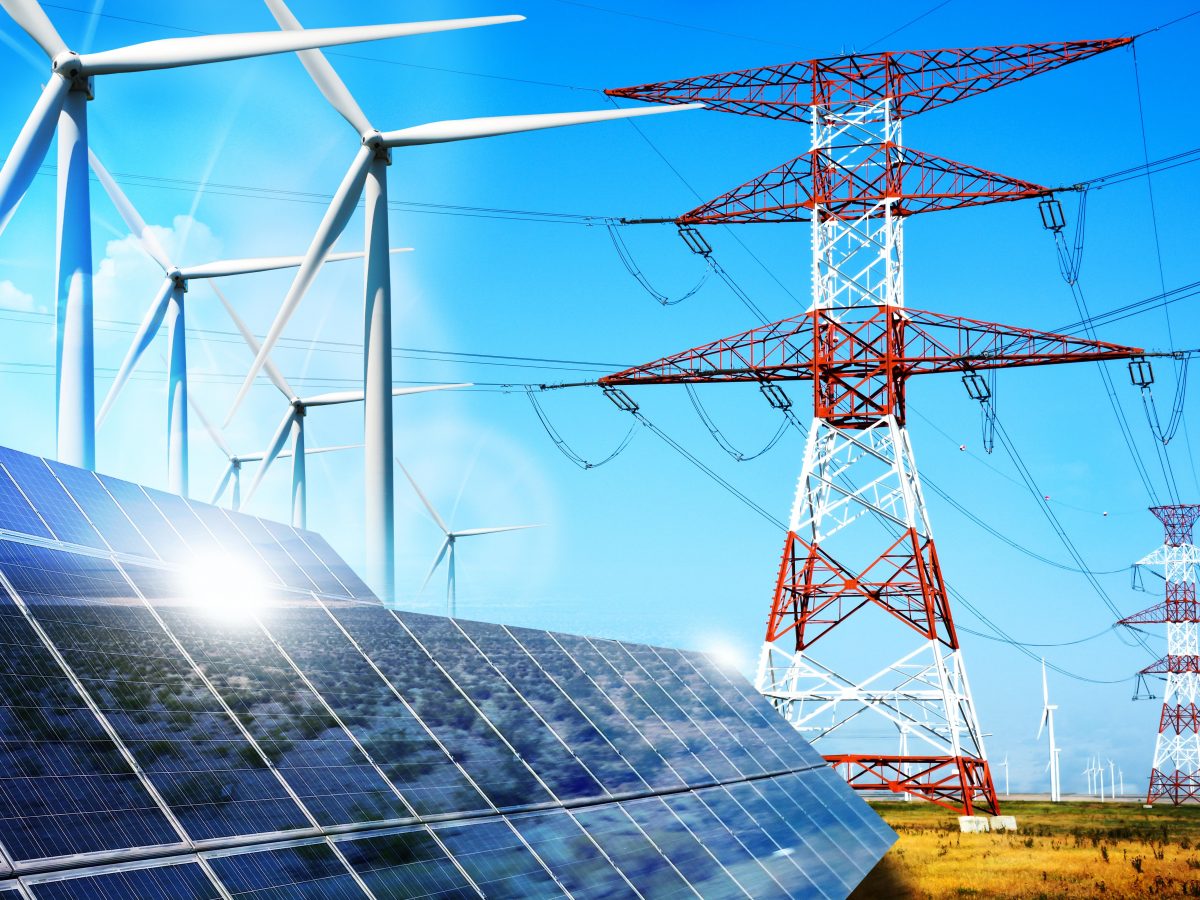In their communique, the members pledged to collectively increase offshore wind capacity by 150 GW by 2030 and solar capacity to more than 1 TW.

The Group of Seven (G7) nations, made up of some of the world’s wealthiest countries, have agreed to speed up renewable energy development and move towards a quicker phase-out of fossil fuels.
The countries have set big new targets for solar power and offshore wind capacity, pledging to increase offshore wind capacity by 150 GW by 2030 and solar capacity to more than 1 TW.
The G7 also agreed to accelerate “the phase-out of unabated fossil fuels” to achieve net-zero in energy systems by 2050 at the latest.
The G7 ministers finished two days of meetings on climate, energy, and environmental policy in the northern Japanese city of Sapporo on Sunday.
Renewable fuel sources and energy security have taken on a new urgency following Russia’s invasion of Ukraine. In their communique, the G7 members prioritized “concrete and timely steps” towards accelerating the phase-out of “domestic, unabated coal power generation.”
Canada was clear that unabated coal-fired power should be phased out by 2030, and Ottawa, Britain, and some other G7 members committed to that date.
While the G7 did not endorse a 2030 deadline for phasing out of coal, they left the door open for continued investment in gas, saying that the sector could help address potential energy shortfalls.
Host country Japan, which depends on imports for nearly all its energy needs, wants to keep liquefied natural gas (LNG) as a transition fuel for at least 10 to 15 years.
The G7 members said investment in the gas sector “can be appropriate” to address potential market shortfalls provoked by the crisis in Ukraine if implemented in a manner consistent with climate objectives.
The G7 has also targeted 2040 for reducing additional plastic pollution to zero, bringing the target forward by a decade.
According to Dave Jones, who is head of data insights at energy think tank Ember, “The solar and wind commitments are huge statements to the importance that they will rely on the energy superpowers of solar and wind to phase out fossil fuels.”
He hopes this will provide a challenge to Japan, for which offshore wind is the missing part of the jigsaw that could see its power sector decarbonize much quicker than it thought possible.
Overall, the G7’s commitment to renewable energy and a phase-out of fossil fuels is a significant step forward in the fight against climate change.
While the group stopped short of endorsing a 2030 deadline for phasing out of coal, their commitment to accelerating the phase-out of unabated fossil fuels is a positive development.
The G7’s willingness to invest in gas, while keeping climate objectives in mind, demonstrates a balanced approach towards energy security.